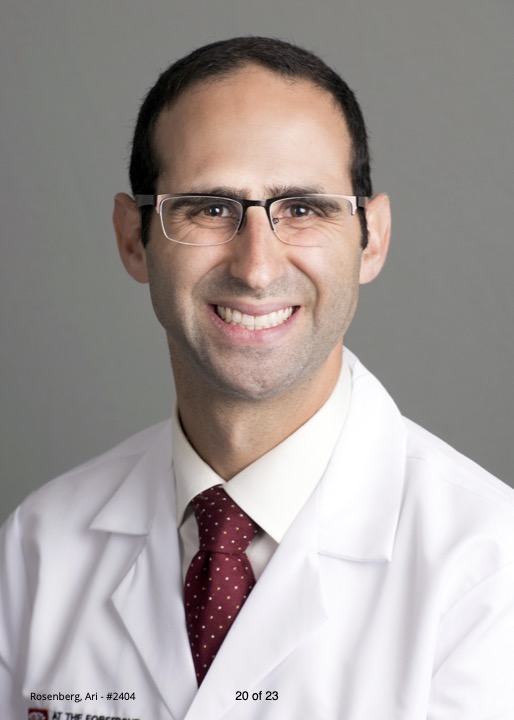Announcing the 2022 CRF Young Investigator Awards
The Cancer Research Foundation is pleased to announce the 2022 Young Investigator Awards
The Cancer Research Foundation is very pleased to announce the winners of the 2022 Cancer Research Foundation Young Investigator Awards. For more than 30 years, the Cancer Research Foundation has been awarding YIA grants to researchers at the beginning of their careers as primary investigators, allowing them to gather the data and experience required to launch their careers in cancer science.
The Cancer Research Foundation Young Investigator Award is a $100,000 grant covering two years of work, intended to help a promising early career cancer scientist build a primary data set and lay the groundwork for much larger projects often supported by grants from the National Institutes of Health and other major funding bodies. The YIA is aimed at solving the catch-22 situation facing many young scientists: not having enough data to solicit funding and yet not having enough funding to collect further data.
We are also excited that this year, one Young Investigator has been named the Breakthrough Board Scholar, recognizing the addition of the Breakthrough Board to the CRF Chicago Chapter and exemplifying the way the Cancer Research Foundation and the Breakthrough Board envision having a greater impact together. The Breakthrough Board Scholar is funded exclusively by monies raised from The Breakthrough Board’s annual event and epitomizes one of the ways we plan to leverage our collective strengths.
Leveraging one idea or body of knowledge with another is a good way to describe the research that the 2022 Young Investigators will be pursuing. Our group contains eight scientists who will be working on a number of different problems facing cancer science today, from why we have not been able to build on the significant potential of immunotherapy more quickly to how we can better target and deliver promising therapies on the horizon. These researchers are in a position to leverage extraordinary knowledge in some of the most interesting fields currently pushing the needle in cancer research today. The experience they bring to bear, in fields as disparate as chemistry, nano-engineering, gene editing, clinical trials and basic cell biology, makes these researchers one of the most potentially impactful groups ever to be awarded the Cancer Research Foundation Young Investigator Award.
Meet the 2022 CRF Young Investigators
Click on a Young Investigator’s name to learn more
Weixin Tang, PhD – Neubauer Family Assistant Professor – University of Chicago
2022 Breakthrough Board Scholar
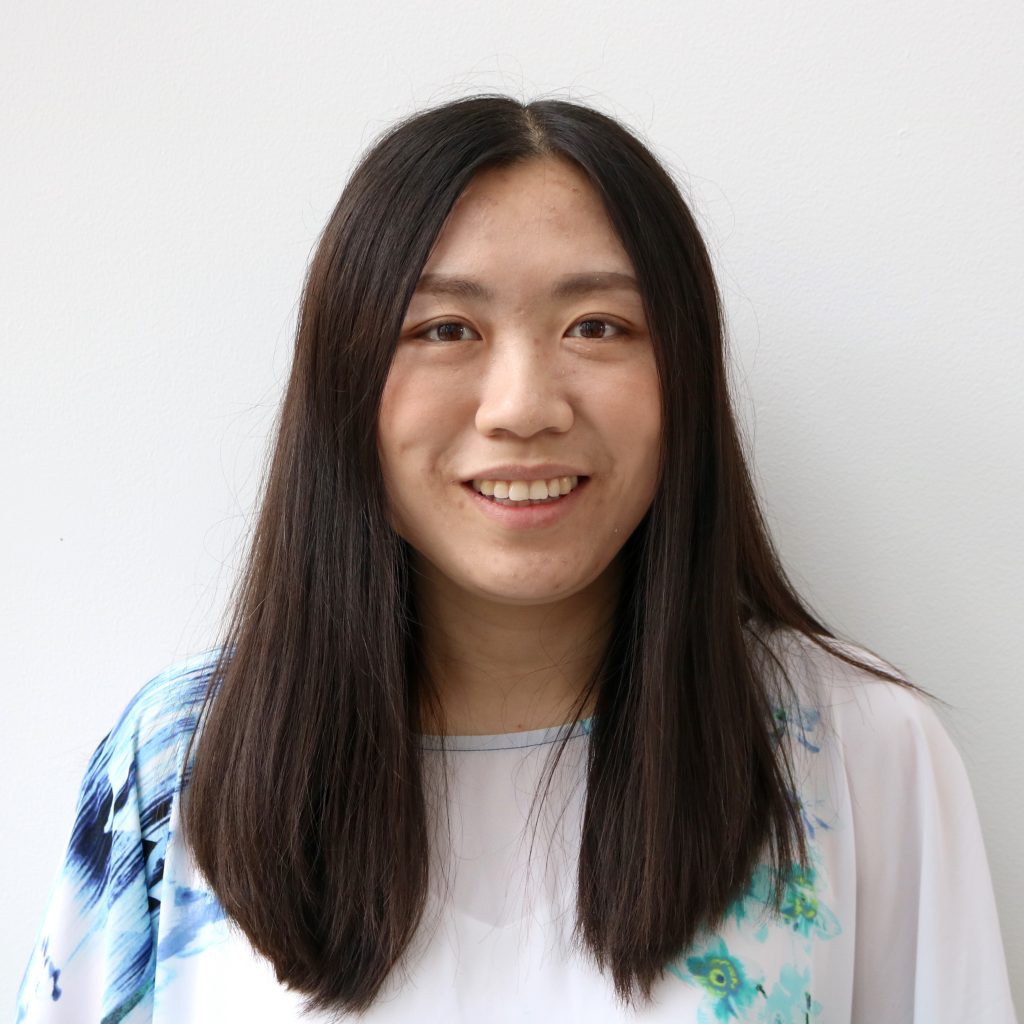
“Targeting the Camouflaged Tumor: A Melanoma-Specific Innate Immunity Boosting Machinery”
Dr. Tang has developed an RNA guided gene editing technology that will boost a melanoma patient’s innate immune system while avoiding side effects, allowing immunotherapies to become more effective.
David Y. Chen, MD, PhD – Assistant Professor – Washington University in St. Louis
“Aging-related determinants of squamous cell carcinoma predisposition”
Dr. Chen will compare the molecular characteristics of old and young skin cells and hopes to discover what aspects of aging contribute to the development of skin cancer. This study might lead doctors to new ways to treat and prevent skin cancers.
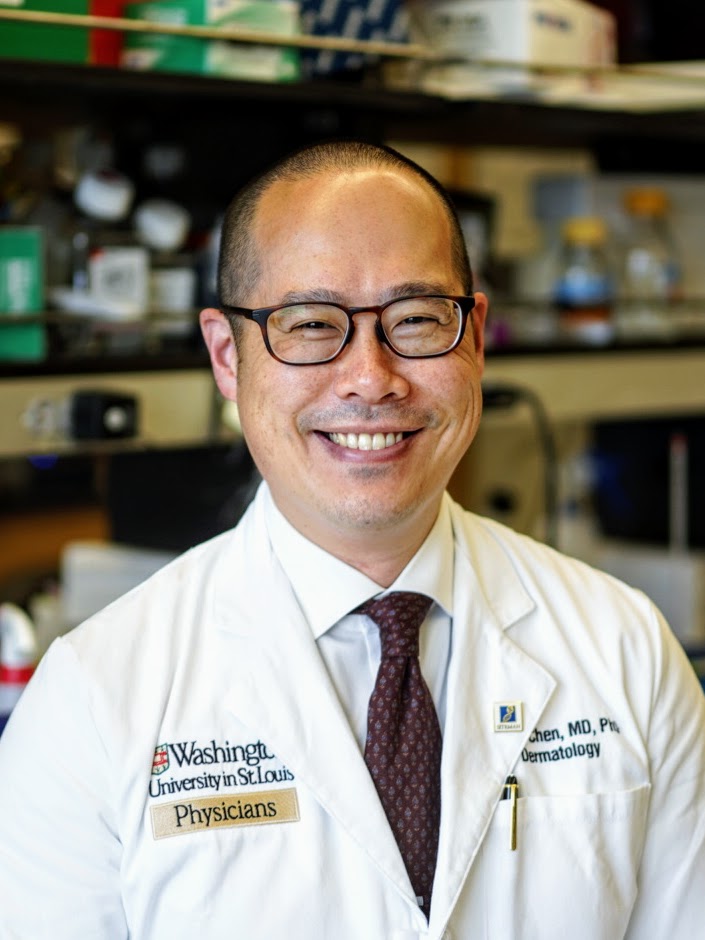
Brandon Faubert, PhD – Assistant Professor – University of Chicago
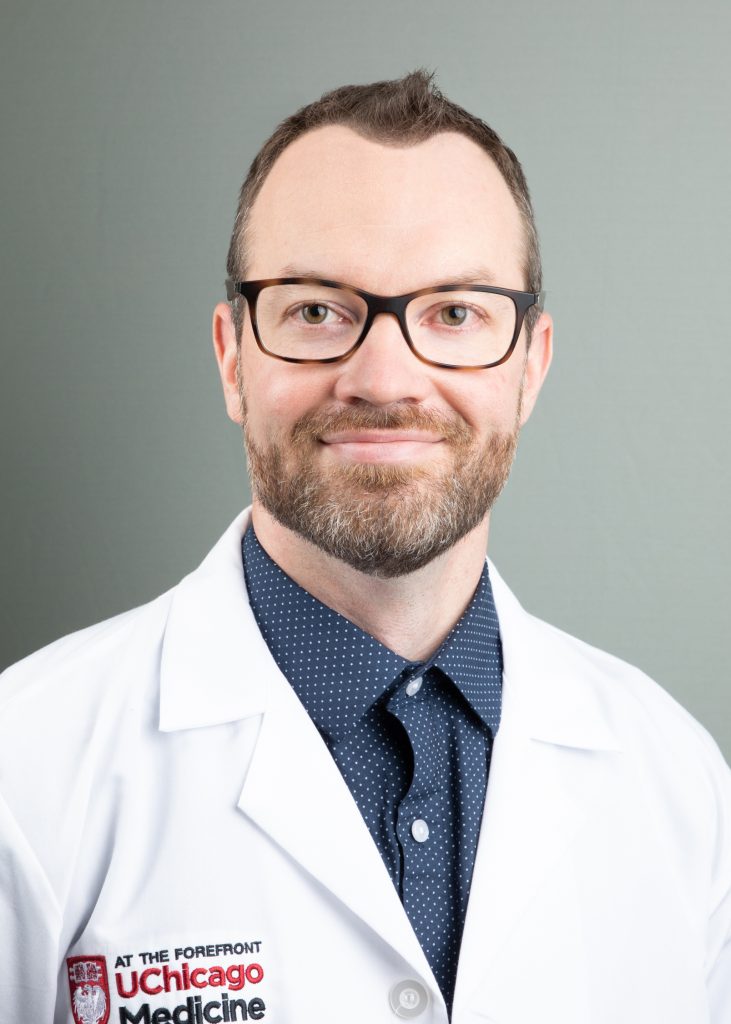
“Metabolic adaptions promote survival of NSCLC metastases”
Dr. Faubert has developed metabolite tracing techniques that will allow him to track how changes in metabolism support cancer growth and metastasis. He will use patient-derived tumor models to map the metabolic changes in aggressive lung cancer to find new therapeutic targets.
Beth A. Helmink, MD, PhD – Assistant Professor – Washington University in St. Louis
“A Novel Model for Studying the Intersection of Tumor Immunity and Autoimmunity.”
Dr. Helmink has developed a unique mouse model that will allow her to study a large number of different tumors in an autoimmune disease setting. Her hope is that this model will better explain how cancers can both elude and alter the immune system to allow tumor growth.

Adam Lin, MD, PhD – Assistant Professor – Northwestern University
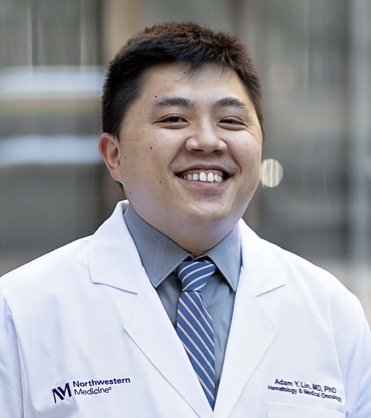
“Combination of CpG Nanoparticles for the Treatment of Aggressive Non-Hodgkin Lymphoma Research Strategy”
Dr. Lin has created a nanoparticle platform that can protect and deliver immune activating DNA molecules with promising cancer fighting attributes. He hopes to leverage this platform in fighting aggressive lymphoma.
Yuxuan ‘Phoenix’ Miao, PhD – Assistant Professor – University of Chicago
“Decoding Dialogues between Tumor Initiating Calls and their Immunological Niche”
Dr. Miao is pursuing Tumor Initiating Calls which drive resistance to and recurrence after immunotherapy. These TICs seem to shape their immune system environment the same way skin stem cells do when closing a wound. Dr. Miao has a new technique to map out how TICs might do that.
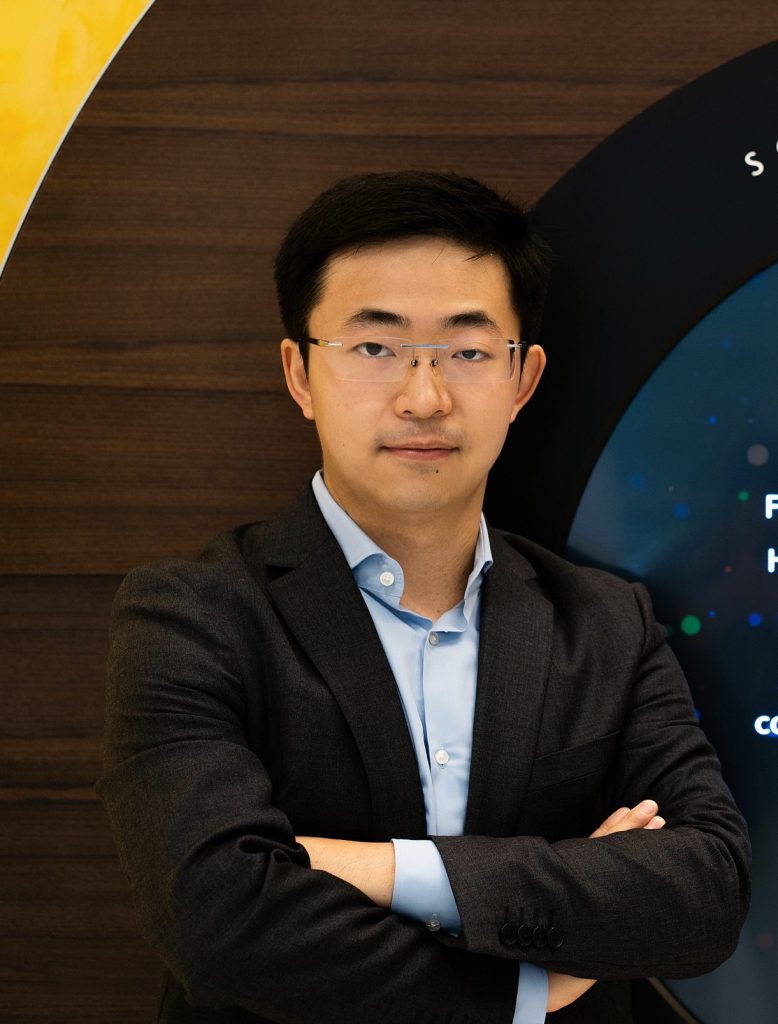
Patrícia R. Pereira, PhD – Assistant Professor – Washington University in St. Louis
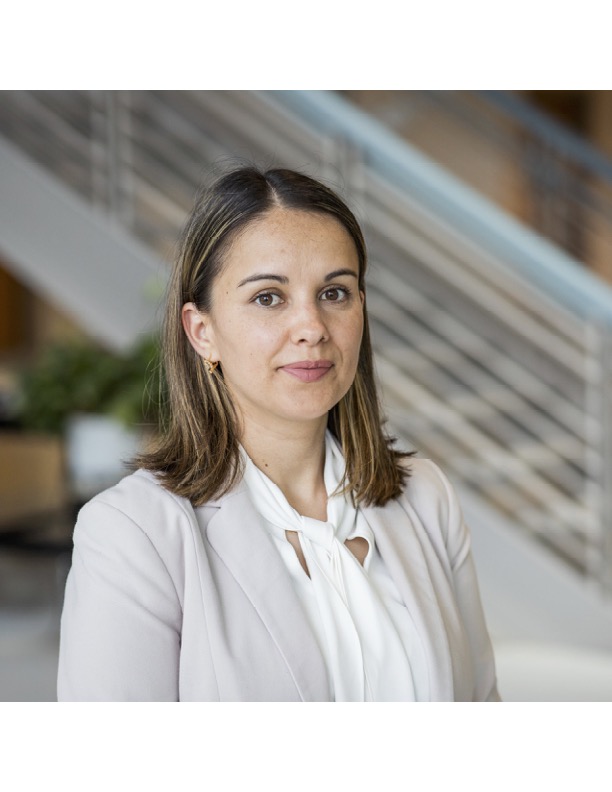
“Temporal control over endocytosis to convert cancer immunotherapy non-responders to responders“
Dr. Pereira uses cutting-edge whole-body molecular imaging to show how cancer cells draw the proteins targeted by antibody therapies inside their cells, making them inaccessible. She hopes to temporally control the way cancer cells internalize these targets and make therapies more effective.
Ari J. Rosenberg, MD – Assistant Professor – University of Chicago
“Response Adaptive Immunotherapy and Chemotherapy Driven by Dynamic Changes in Personalized Circulating Tumor DNA in Recurrent/Metastatic Head and Neck Squamous Cell Carcinoma”
Dr. Rosenberg will use circulating tumor DNA from blood samples from an ongoing Head and Neck Cancer clinical trial to develop new ways to guide immunotherapeutic decisions.
